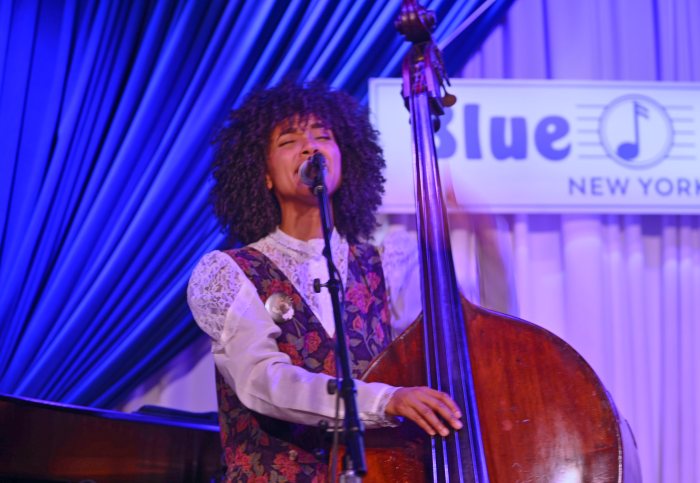From almost quitting acting to directing a documentary about her famous father, Rashida Jones reflected on her development as a storyteller on Wednesday as part of the Tribeca Talks: Storytellers series.
It’s hard to imagine a time when the star of "The Office," "Parks and Recreation" and TBS’ "Angie Tribeca" wasn’t gracing our TV screens, but she said that she almost quit acting after moving to New York.
“[In 2006] I was getting to the place where I was 30 and thought, this is a complete and utter waste of my time. I have to get to my plan B," she told Hasan Minhaj (“The Daily Show,” “Patriot Act”), who joined her for the Tribeca chat.
Fast forward more than a decade, when she earned praise for directing "Quincy," a Grammy-nominated documentary about her father, music mogul Quincy Jones.
The personal film got to the essence of Quincy’s personality, something Rashida thought was missing from his well-documented career.
Jones said she consciously chose to explore the gritty sides to her father by focusing on his failing health, his relationship with alcohol, and his intense work ethic. It gave her new perspective on her father. “Seeing how many times he’s done it? He’s been on the brink of death so many times… that’s his pattern and that’s who he is. In some way I had to accept that about him to be his daughter and to love him. Seeing it happen in real time was sobering for me. I let go of my feelings and judgment about how he’s lived his life."
The actress told Minhaj her writing career started off as a response to a rough career patch. “I thought if I didn’t [write], then there was going to be an end to this run in acting."
She finally arrived as a storyteller when she co-wrote her first script, the 2012 indie dramedy "Celeste & Jesse Forever." It was before the phrase "consciously uncoupling" came into the vernacular, and the script was ultimately praised for its progressive ideation of friendship after separation. Since then, she’s worked consistently as an actress while developing her tastes as a writer and a producer.
The Harvard graduate also recognizes her privilege inside and outside the business. “So much of it is luck. I mean, so much of it is like, where you are and can you even afford to pursue something without going broke. I won the lottery in a lot of ways. I am from privilege and I have wonderful and loving parents who supported me and took care of me.”
Jones and Minhaj had an honest moment of reflection when the comedian-writer asked for advice on being in the public eye. He admitted the prospect of messing up in public in our current “canceled” culture was “terrifying” as a relatively new public figure.
“[There’s] not a ton of room for nuance, there’s no room for context," when sound bites dominate the cultural conversation, Jones said.
"I think there’s not a ton of room publicly for the conversation around restorative justice, forgiveness, or learning… we have to find a road because the thing that connects us is that we’re all flawed. There has to be space somewhere where we don’t take these hard lines with each other."





































